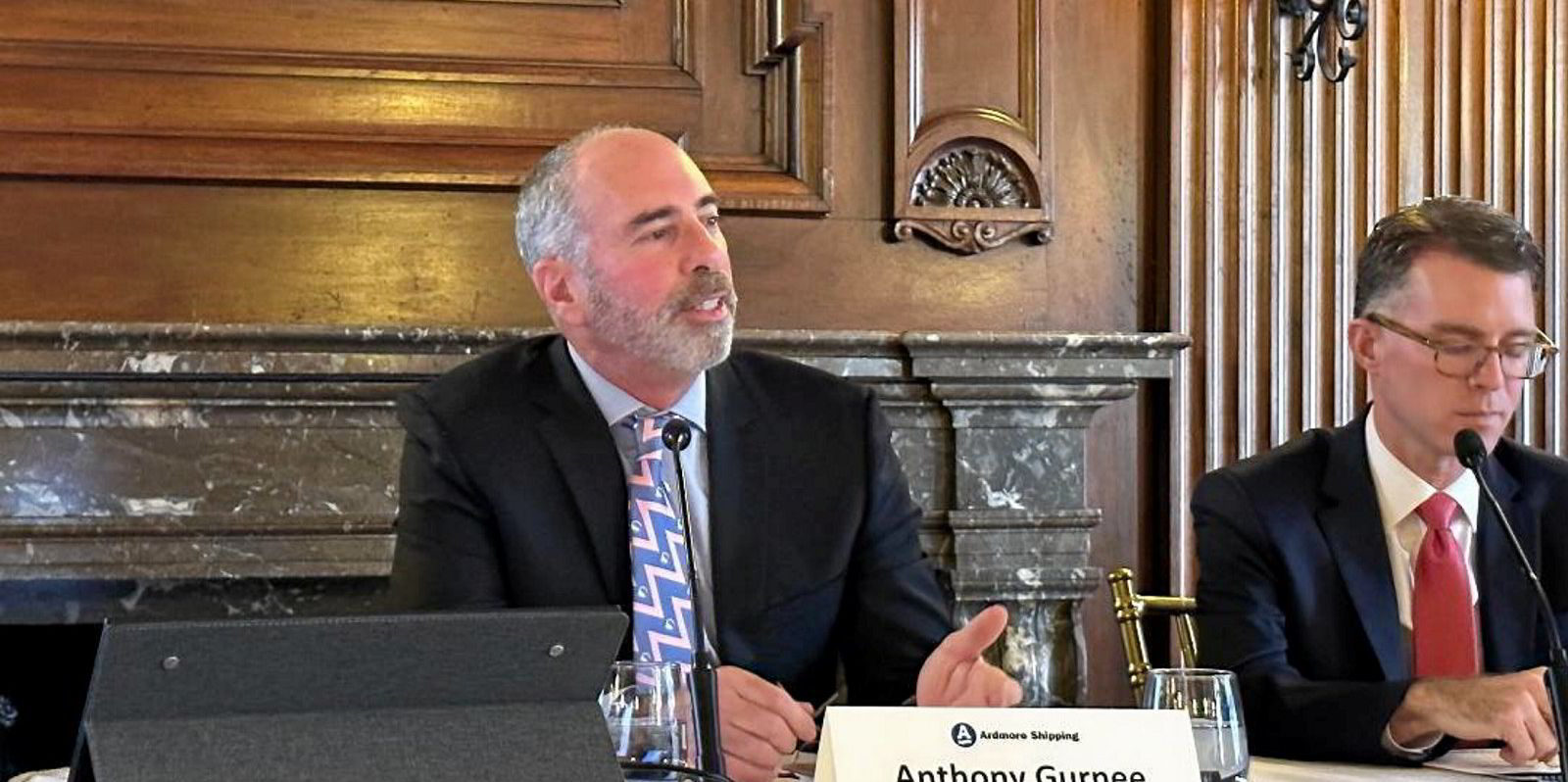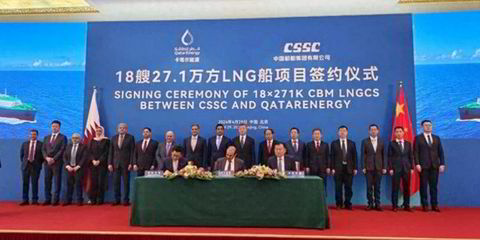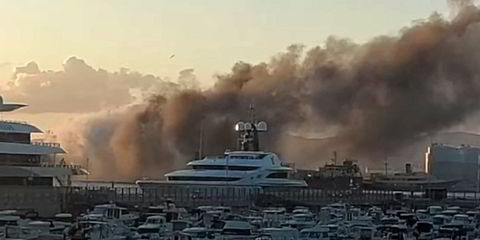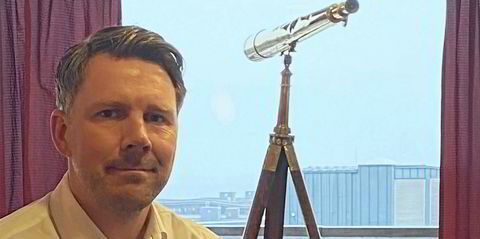Norway’s Hunter Group is being tipped to build earnings with a bigger chartered fleet of VLCCs.
The Oslo-listed investor said on Wednesday it achieved an average spot rate of $57,000 per day for its sole big tanker during February.
The unnamed ship is fixed at a rate of $52,500 for three years, giving a time charter equivalent margin of $4,500 per day.
The tanker was operational for all 29 days last month.
The company banked a net time charter profit of $130,861 in what was a strong market.
The Baltic Exchange’s TD3C spot rate index covering the route from the Middle East Gulf to China averaged $47,300 per day in February.
This implied a realised eco-ship and scrubber premium of about $10,000 per day for Hunter throughout the month, Fearnley Securities said.
The ship earned $54,200 per day in December and $48,260 per day in January.
The investment bank calculates general and administrative costs of $1,500 per day for the VLCC, translating into estimated cash earnings of NOK 0.01 per share.
Analysts Oystein Vaagen and Fredrik Dybwad predict that as more ships enter the fleet, Hunter’s earnings should rise.
A second VLCC is due this month or in April at a chartered-in rate of $51,000 per day.
Third ship incoming?
Fearnley Securities believes there is enough cash to charter in a third tanker.
The company will then benefit from economies of scale on the cost side, the analysts said.
They see VLCCs as a solid risk-reward play as Red Sea disruptions persist, with increasing impact on the bigger vessels the longer the rerouting goes on, as a result of charterers combining smaller cargoes.
VLCC rates were largely flat on Tuesday at $48,000 per day from the Middle East to Asia.
Fearnley Securities assessed eco/scrubber earnings at about $57,000 per day.
Hunter Group has indicated it is putting its faith in a long-term boom for VLCC rates.
The company said in February: “We believe it is only a matter of time before VLCC rates will advance … initiating what we believe to be a multi-year bull cycle.”
The company cited a VLCC orderbook at its lowest level since the 1980s, and an ageing fleet.





